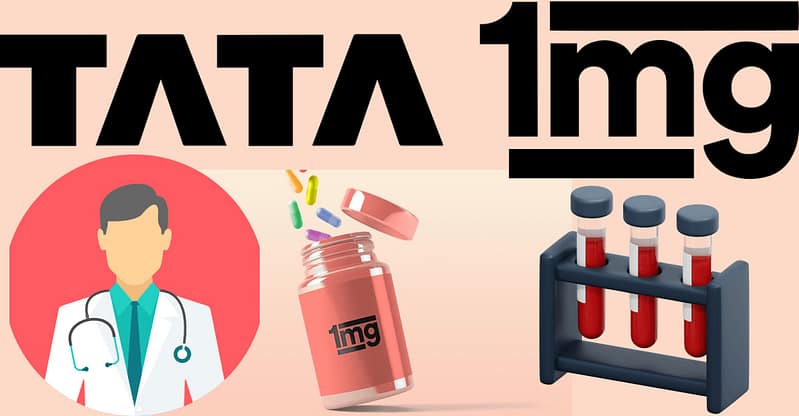In its first response after Donald Trump’s surprise announcement of a 25% tariff on goods exported to the US from India, plus a ‘penalty’, the Centre has said it is studying the implications of the move and will take all steps to “secure our national interest”.
In a measured statement, in contrast to Mr Trump’s bombast, the Ministry of Commerce and Industry said it has taken note of the announcement and stressed that India remains committed to negotiating a fair bilateral trade agreement with the United States. It also noted that negotiations on the trade deal have been going on for months.
“The Government has taken note of a statement by the US President on bilateral trade. The Government is studying its implications. India and the US have been engaged in negotiations on concluding a fair, balanced and mutually beneficial bilateral trade agreement over the last few months. We remain committed to that objective,” the ministry said in the statement on Wednesday evening.
Stressing that the Centre places the “utmost importance on protecting and promoting the welfare of” farmers, entrepreneurs, and MSMEs (Micro, Small and Medium Enterprises), the ministry also made a reference to the recently concluded free trade agreement with the United Kingdom.
“The Government will take all steps necessary to secure our national interest, as has been the case with other trade agreements, including the latest Comprehensive Economic and Trade Agreement with the UK,” it added.
‘India Our Friend’
In a post on his Truth Social platform earlier, Mr Trump wrote – a lot of it in all caps – that, in addition to the 25% tariff, a “penalty” would also be imposed on India because it buys a large amount of oil from Russia, which is engaged in a conflict with Ukraine. Mr Trump also pointed to India’s military purchases from the country.
While announcing all of this, he said India is a friend of the United States and also remembered to thank everyone for their “attention to this matter”.
“Remember, while India is our friend, we have, over the years, done relatively little business with them because their Tariffs are far too high, among the highest in the World, and they have the most strenuous and obnoxious non-monetary Trade Barriers of any Country. Also, they have always bought a vast majority of their military equipment from Russia, and are Russia’s largest buyer of ENERGY, along with China, at a time when everyone wants Russia to STOP THE KILLING IN UKRAINE – ALL THINGS NOT GOOD!” the US president wrote.
“INDIA WILL THEREFORE BE PAYING A TARIFF OF 25%, PLUS A PENALTY FOR THE ABOVE, STARTING ON AUGUST FIRST. THANK YOU FOR YOUR ATTENTION TO THIS MATTER. MAGA!” he added, referring to his ‘Make America Great Again’ slogan.
In another post soon after, Mr Trump kept it short, reiterating a grouse he has brought up several times in the past. “WE HAVE A MASSIVE TRADE DEFICIT WITH INDIA!!!” he wrote.
Threats, Response
In the past few days, US politicians, including Senator Lindsey Graham, have been threatening that countries which buy oil from Russia would have to pay a heavy price for doing so.
“Here’s what I would tell China, India and Brazil: If you keep buying cheap Russian oil to allow this war to continue, we’re going to tear up the hell out of you, and we’re going to crush your economy,” Mr Graham had warned.
External Affairs Minister S Jaishankar has repeatedly said that India will put its interests and those of its citizens first and buy oil from any country that gives it the best price.
Earlier this week, the Indian High Commissioner to the UK Vikram Doraiswami also had a sharp response to a question on India buying oil from Russia.
Pointing out that India has an “energy relationship” with Russia, which is the result of “everybody else buying energy from sources that we used to buy from earlier”, Mr Doraiswami asked, “So we’ve been displaced out of the energy market largely, and the costs have gone up. We are the third-largest consumer of energy in the world. We import over 80% of our product. What would you have us do? Switch off our economy?”



















